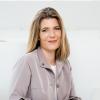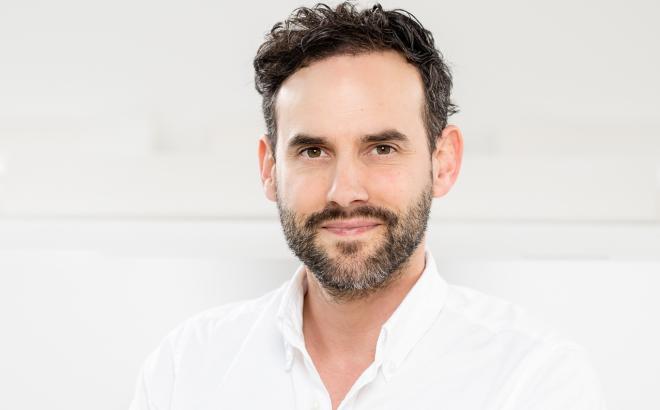Ingrid Metzler, Social Scientist
Focus on Power and Social Order
“‘Sometime, our technologies will be so good that they can solve all our problems’ – this is a myth of our society and some part of my work”, Ingrid Metzler, senior postdoc at the Division of Biomedical and Public Health Ethics explains. “My research deals with ethical, social and political challenges associated with new technologies.” Ingrid Metzler primarily investigates alterations that accompany the new possibilities of big data in genetics and genomics. She follows technologies into spaces where they are designed to solve problems, applied and modified in practice or discussed and regulated. She investigates related changes in the understanding of health and disease, individual and collective responsibility and good life and living together in democratic societies. The Covid-19 pandemic has also left its traces in Metzler’s research: together with her colleague Heidrun Åm from the Norwegian University of Science and Technology, she published an article where they compared the discussions which accompanied the development and deployment of contact tracing apps in Norway and Austria.
Ingrid Metzler started her studies of political sciences at the University of Rome, La Sapienza, continued them in Innsbruck to complete her degree at the University of Vienna. While studying at the University of Vienna, she read texts from science and technology studies. She soon took to this field of research as her second intellectual home. Dealing with political sciences sharpened her interest in analysing balances of power and orders of society, while her research on science and technology draw her attention to life science as one of those fields where the interrelations between science and social order can be investigated. The science and technology studies taught her the strategy to investigate normative questions with empirical methods.
At the beginning of her Ph.D. studies at the University of Vienna, the young researcher was a Marie Curie fellow at the University of York’s Science and Technology Studies Unit in England. In 2013, she earned her doctorate with a dissertation on the controversial discussions of embryo research in Italy. She worked as post-doctoral research fellow at the Harvard Kennedy School and the Life Science Governance research platform of the University of Vienna. In 2016, Ingrid Metzler started to work at the Institute of Science and Technology Studies at the University of Vienna.
Since November 2021, she has supported the Division of Biomedical and Public Health Ethics, headed by Univ.-Prof. Dr Giovanni Rubeis. The collaboration within the division as well as with other KL divisions is “interdisciplinary”, as the social scientist puts it. “We look at a problem from different perspectives. Biomedical ethics can and shall serve as a room of reflection.”
The thread in Metzler’s research is questions centered around power, balance of power and social order which she investigates along the interaction of life sciences and biotechnologies on the one hand and society and politics on the other. Her decision to become a researcher developed from a coincidence: as a student, Ingrid Metzler was invited to work in a European research project and she accepted. This was the start for more national and European projects. “I owe my career to the luck that I met interesting people who opened up opportunities and expanded my perspectives at the right time,” the social scientist remembers.
As of yet, her work has been characterised by third-party funded and time limited projects with very specific objectives. Her post-doc job at the Division of Biomedical and Public Health Ethics poses new challenges for her: “I now have the opportunity to investigate crossover. I am very grateful for this space that allows me to stay curious. I enjoy thinking about complex topics of society together in a structured way and making our contributions which we develop from these considerations.” This contribution did not only exist in criticising the idea that complex problems could be solved with technologies as myth. “It’s my goal to at least try to make a meaningful contribution to the shaping of technologies and their role in the living together in democratic societies.”
Link to the KL research information system KRIS





